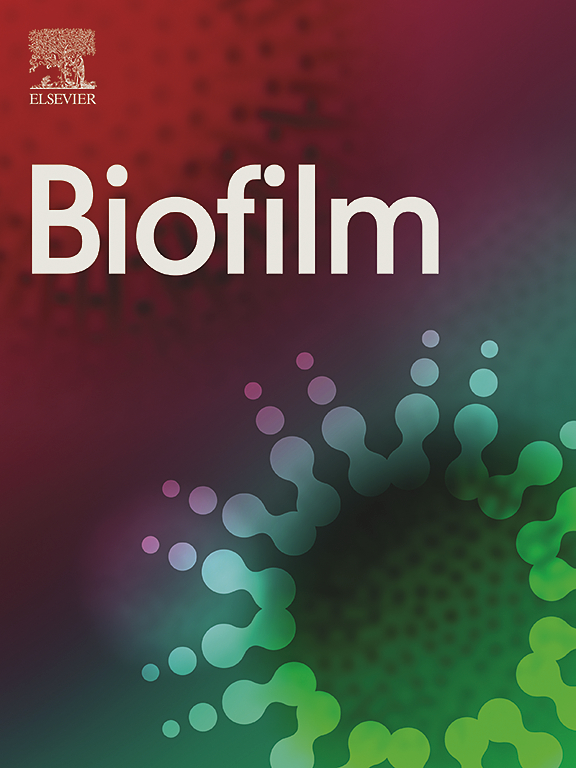肿瘤浸润性免疫细胞调控子宫内膜癌的分子机制
IF 6.9
2区 医学
Q1 BIOCHEMISTRY & MOLECULAR BIOLOGY
引用次数: 0
摘要
子宫内膜癌(EC)是一种常见的妇科癌症,其与免疫系统的相互作用是癌症进展的关键。本文综述了肿瘤浸润性免疫细胞调控EC的分子机制。本文综述了肿瘤微环境中T细胞、B细胞、巨噬细胞和自然杀伤细胞等多种免疫细胞的组成和功能,并阐述了它们在肿瘤控制中的具体作用。它还深入研究了EC细胞采用的免疫逃避策略,特别关注免疫检查点途径及其对肿瘤发展的影响。信号通路,细胞因子和趋化因子介导肿瘤微环境中的免疫反应也详细。此外,还综述了临床意义和治疗策略,如免疫疗法,并讨论了相关的临床试验。此外,本文还讨论了我们现有的知识差距,提出了未来研究的潜在途径,并强调了了解这些机制对加强EC治疗的重要性。这篇综述提供了当前知识的详尽概述,支持对EC进行更有效治疗干预的持续探索。本文章由计算机程序翻译,如有差异,请以英文原文为准。
Molecular mechanism of tumor-infiltrating immune cells regulating endometrial carcinoma
Endometrial carcinoma (EC) is a prevalent gynecological cancer, and its interaction with the immune system is pivotal in cancer progression. This comprehensive review explores the molecular mechanisms involved in the regulation of EC by tumor-infiltrating immune cells. This review discusses the composition and functions of various immune cell types within the tumor microenvironment, including T cells, B cells, macrophages, and natural killer cells, and elucidates their specific roles in cancer control. It also delves into the immune evasion strategies employed by EC cells, with a specific focus on immune checkpoint pathways and their influence on tumor development. Signaling pathways, cytokines, and chemokines mediating immune responses within the tumor microenvironment are also detailed. Furthermore, clinical implications and therapeutic strategies, such as immunotherapies, are also reviewed, and relevant clinical trials are discussed. Additionally, this review discusses the existing gaps in our knowledge, suggests potential avenues for future research, and emphasizes the significance of understanding these mechanisms for enhanced EC treatment. This review provides an exhaustive overview of the current knowledge, supporting the ongoing quest for more effective therapeutic interventions on EC.
求助全文
通过发布文献求助,成功后即可免费获取论文全文。
去求助
来源期刊

Genes & Diseases
Multiple-
CiteScore
7.30
自引率
0.00%
发文量
347
审稿时长
49 days
期刊介绍:
Genes & Diseases is an international journal for molecular and translational medicine. The journal primarily focuses on publishing investigations on the molecular bases and experimental therapeutics of human diseases. Publication formats include full length research article, review article, short communication, correspondence, perspectives, commentary, views on news, and research watch.
Aims and Scopes
Genes & Diseases publishes rigorously peer-reviewed and high quality original articles and authoritative reviews that focus on the molecular bases of human diseases. Emphasis will be placed on hypothesis-driven, mechanistic studies relevant to pathogenesis and/or experimental therapeutics of human diseases. The journal has worldwide authorship, and a broad scope in basic and translational biomedical research of molecular biology, molecular genetics, and cell biology, including but not limited to cell proliferation and apoptosis, signal transduction, stem cell biology, developmental biology, gene regulation and epigenetics, cancer biology, immunity and infection, neuroscience, disease-specific animal models, gene and cell-based therapies, and regenerative medicine.
 求助内容:
求助内容: 应助结果提醒方式:
应助结果提醒方式:


